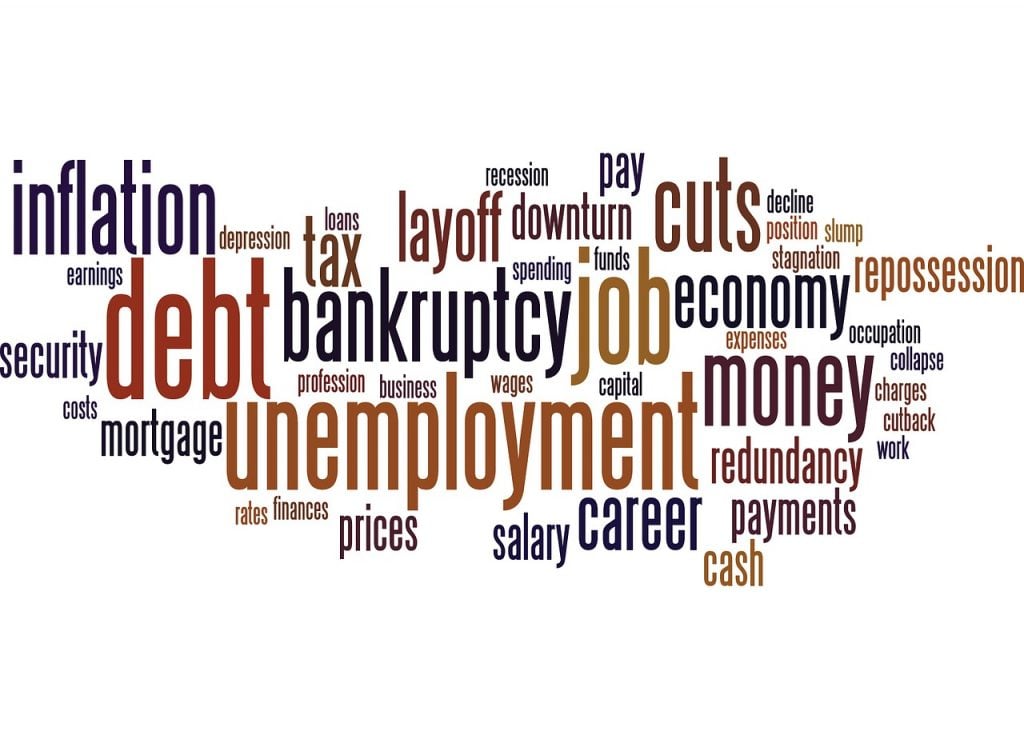As America marks the 10th anniversary of the end of the Great Recession this month, a new Bankrate survey finds that 47 million (23%) Americans who were adults when the recession started in December 2007 say their overall financial situation is worse now than it was before it hit. Another 1 in 4 say they are doing about the same now as they were prior to the start of the recession.

Underscoring the continuing U.S. economic divide, just 51% say their overall financial situation is better compared to before the 2007 recession, and several groups are more prone to say that things are worse now than they were back then:
Despite the largely positive gains associated with the job market and economic growth, most Americans report failing to experience higher pay compared to over a decade ago. Fewer than half (46%) of those Americans who were adults at the time of the recession say their wages/salary are better than before the recession began.
“The echoes of the Great Recession remain very present in the financial lives of many Americans, despite the improvement in the broader economy,” said Mark Hamrick, senior economic analyst at Bankrate.com. “While some have managed to prosper in the decade since, there are still tens of millions who are struggling to even get back to where they were before the economy took a turn for the worse.”
More than half (54%) of all Americans who were adults when the recession began endured some sort of negative financial impact during that time:
When asked about their approaches or mindsets and how they might have changed as direct result of the recession, nearly 3 in 10 (29%) of all U.S. adults say they haven’t changed anything. Those who were negatively affected by the recession have been more proactive, however, as that number drops to 19%.
The most common post-Recession response among all U.S. adults is focusing on paying down debt (29%), followed by saving more for emergencies (23%) and retirement (18%), actively looking for a better job (14%) and now having a more affordable home/mortgage (12%). Ten percent say they invest less in the stock market as a result.
“While the current economic expansion is on track to set a record for duration, there will be a downturn at some point, we just don’t know when,” added Hamrick. “That’s why it is critically important for Americans to try to save now for emergencies and for retirement while paying down or paying off debt. Don’t wait to prepare until after it is too late when a financial storm has already arrived.”
Methodology:
Bankrate commissioned YouGov Plc to conduct the survey. All figures, unless otherwise stated, are from YouGov Plc. Total sample size was 2,740 adults, including 2,315 who were 18 or older when the recession began born before 1990. Fieldwork was undertaken on May 15-17, 2019. The survey was carried out online. The figures have been weighted and are representative of all U.S. adults (aged 18+).
About Bankrate.com:
Bankrate.com provides consumers with the expert advice and tools needed to succeed throughout life's financial journey. For over two decades, Bankrate.com has been a leading personal finance destination. The company offers award-winning editorial content, competitive rate information, and calculators and tools across multiple categories, including mortgages, deposits, credit cards, retirement, automobile loans and taxes. Bankrate aggregates rate information from over 4,800 institutions on more than 300 financial products. With coverage of over 600 local markets, Bankrate generates rate tables in all 50 U.S. states.